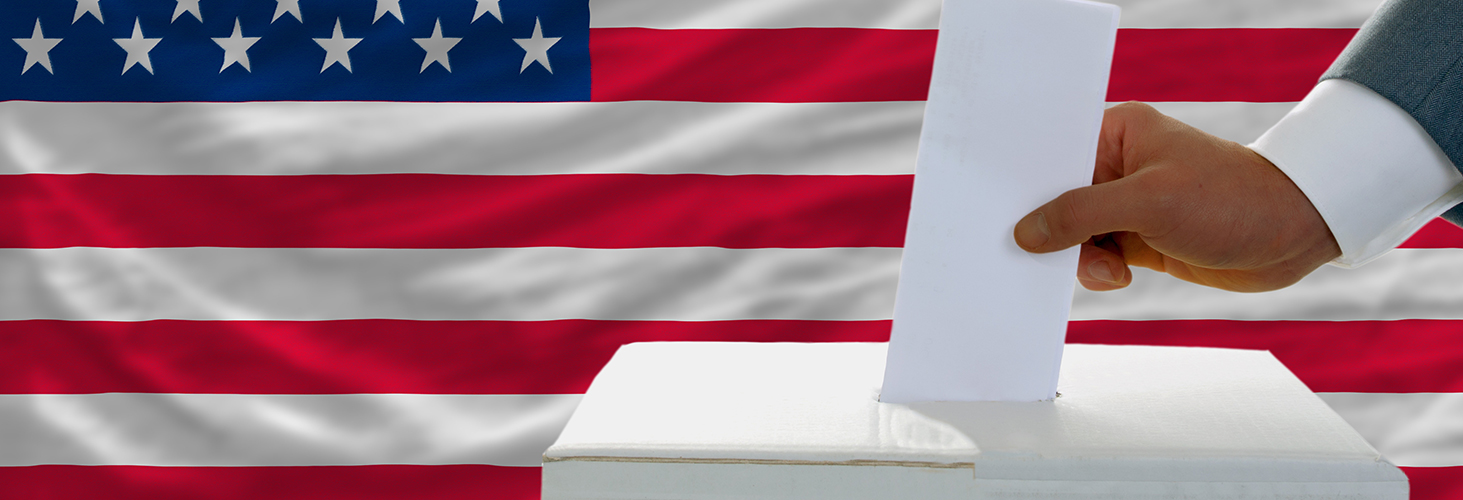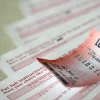By Brandon Moseley
Alabama Political Reporter
Friday, August 26, Judge William Shashy ruled in favor of the Chilton County Healthcare Authority and Sibley Reynolds who asked the court to make Alabama Secretary of State John Merrill (R) put the BIR amendment on the November 8 ballot.
Shashy wrote: this court order and decrees that the Secretary is directed to submit and required to take any other necessary action to include the proposed constitutional amendment passed by the legislature in SB7, as amended, on or before the seventy fourth legislative day before the November 8, 2016 General Election for inclusion on the ballot for that general election.”
Sec. Merrill is complying with the court’s ruling and SB7, the BIR amendment, will be on the November 8, General election ballot for voters to approve or reject.
Under Alabama law the latest date for the legislature to send a constitutional amendment to the Secretary of State’s office is 76 days (which was Wednesday, August 24). Attorney General Luther Strange said that at Merrill’s discretion he could still take the amendment up to the 74th legislative day, while Sec. Merrill said that the 76 day deadline was a “hard and fast” deadline according to Alabama Law. Merrill did say that he could and would add an amendment if there was a court ruling.
SB7 was sponsored by Alabama State Senator Cam Ward (R-Alabaster) is necessary because a recent court rulings suggests that the legislature may have improperly passed hundreds of local bills.
It is customary in the legislature not to vote on other legislators local bills. The people that are interested vote and it passes (or not) without the whole body getting involved. Only a handful of House and Senate members will normally vote on an individual local bill. This extremely bizarre custom is not actually in the Alabama Constitution. What is in the Constitution is the requirement that bills passed before the budgets are passed have a Budget Isolation Resolution (BIR) drawn up and passed before the bill may be considered. A recent court ruling suggests that the handful of people voting tradition COULD have violated the constitutional requirements to pass a valid BIR.
Senator Ward’s amendment would retroactively make all of those hundreds of local bills constitutional again preventing dozens of law suits some threatening the legal existence of certain local boards and authorities. SB7 still have to be approved by Alabama voters in the November 8, General Election.
SB7 had passed both Houses by Tuesday, August 23; however a conference committee to resolve differences in the two versions was not even appointed until Thursday, August 25 (after Merrill’s stated 76 day deadline). The legislature has been widely criticized for not finishing the BIR amendment on Wednesday; but rather intentionally not completing their work in order to put more pressure on Merrill to extend the deadline so that more than just a controversial lottery bill would not be on the ballot, and perhaps anticipating the need for a court ruling, like Shashy’s on Friday. All of this being orchestrated to get the lottery amendment, SB3, on the ballot.
The lottery of course never really came all that close to passage. Both Houses, by the slimmest possible margins, approved wildly differing lottery bills. The House would not pass the Senate version which did not define “lottery” under Alabama law and key gambling proponents in the Senate rejected the House’s definition, which defined lottery as paper tickets only. A lottery without virtual lottery machines at Victoryland, Greenetrack, the Birmingham Race Course, and/or Whitehall in Lowndes County appears highly unlikely given the stated positions of some legislators. Many Republicans meanwhile balk at the idea of doing anything which open the door for Alabama’s gambling bosses to profit.





















































